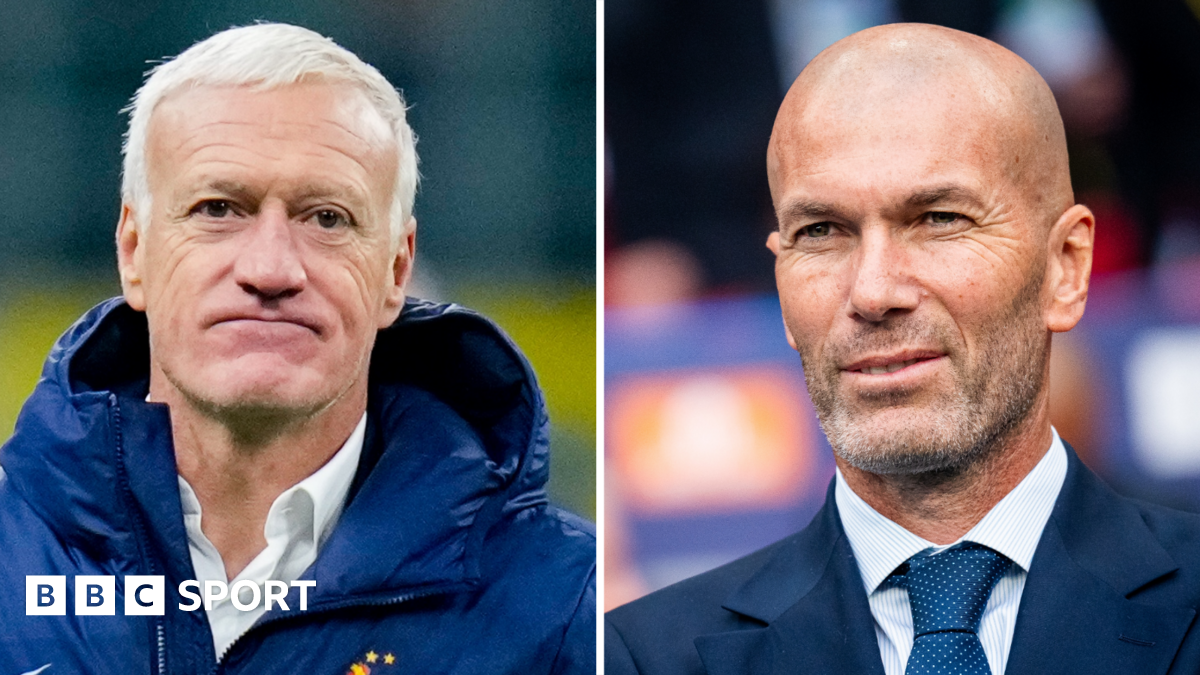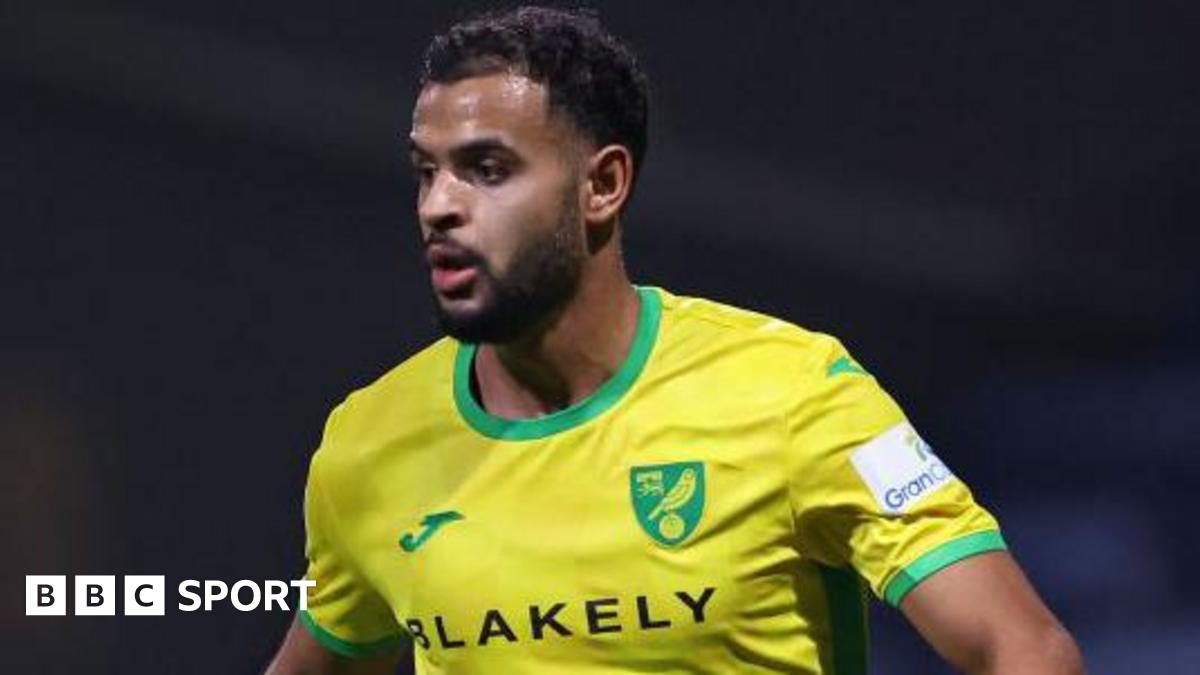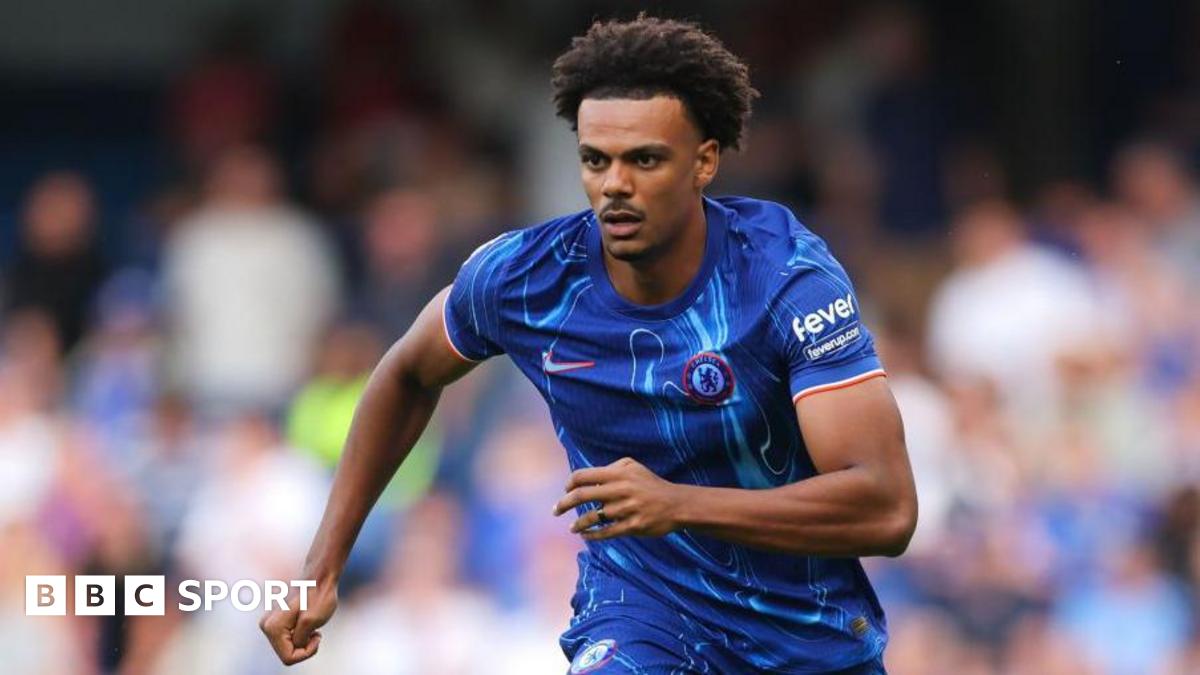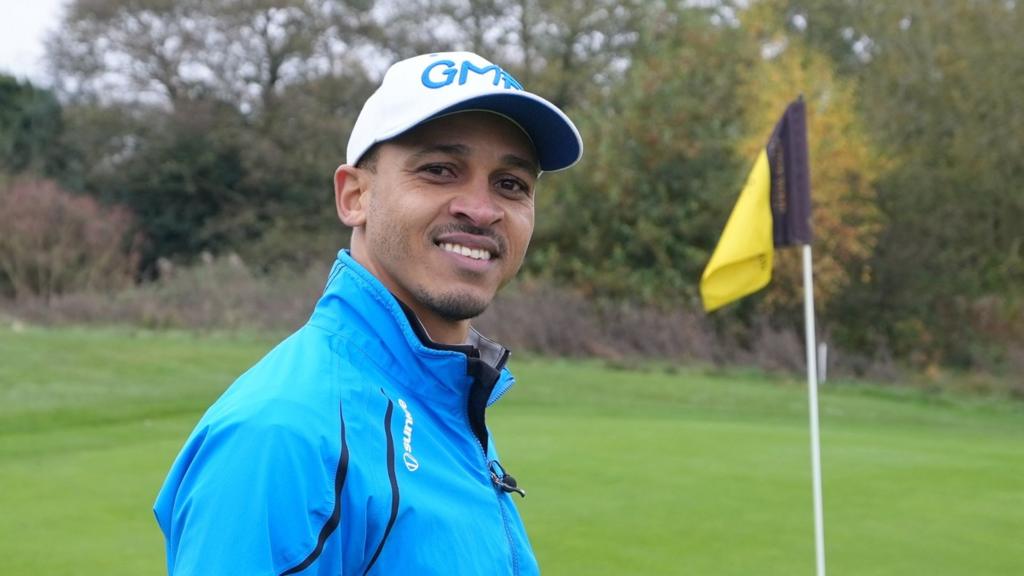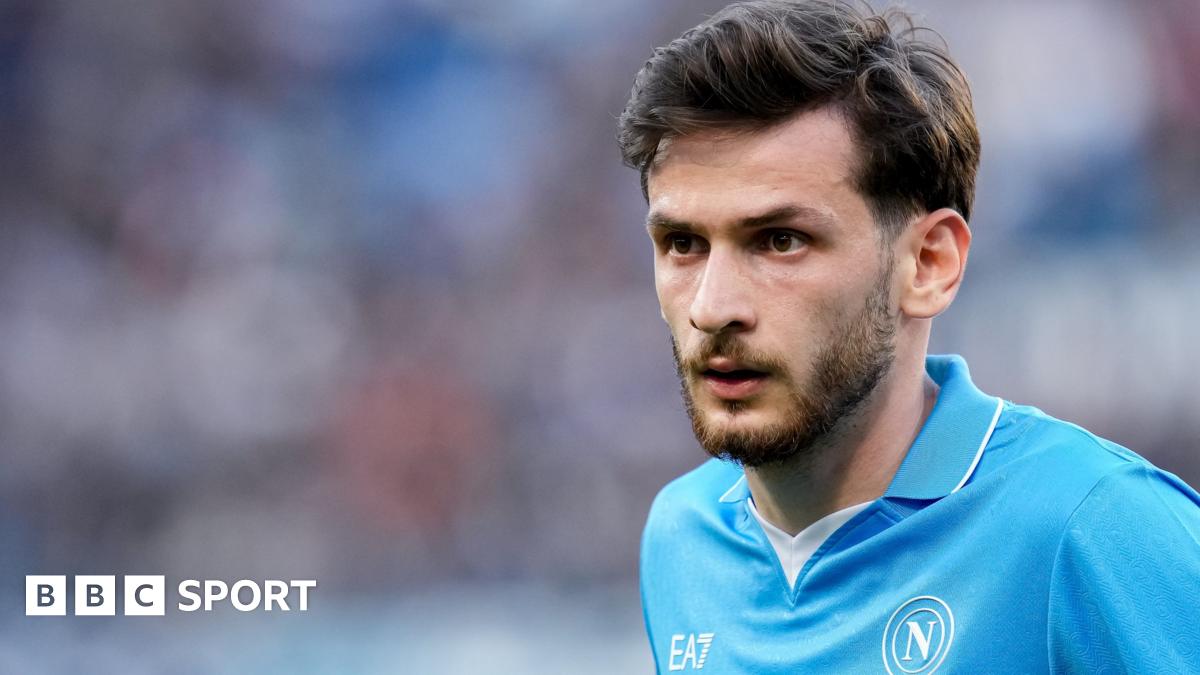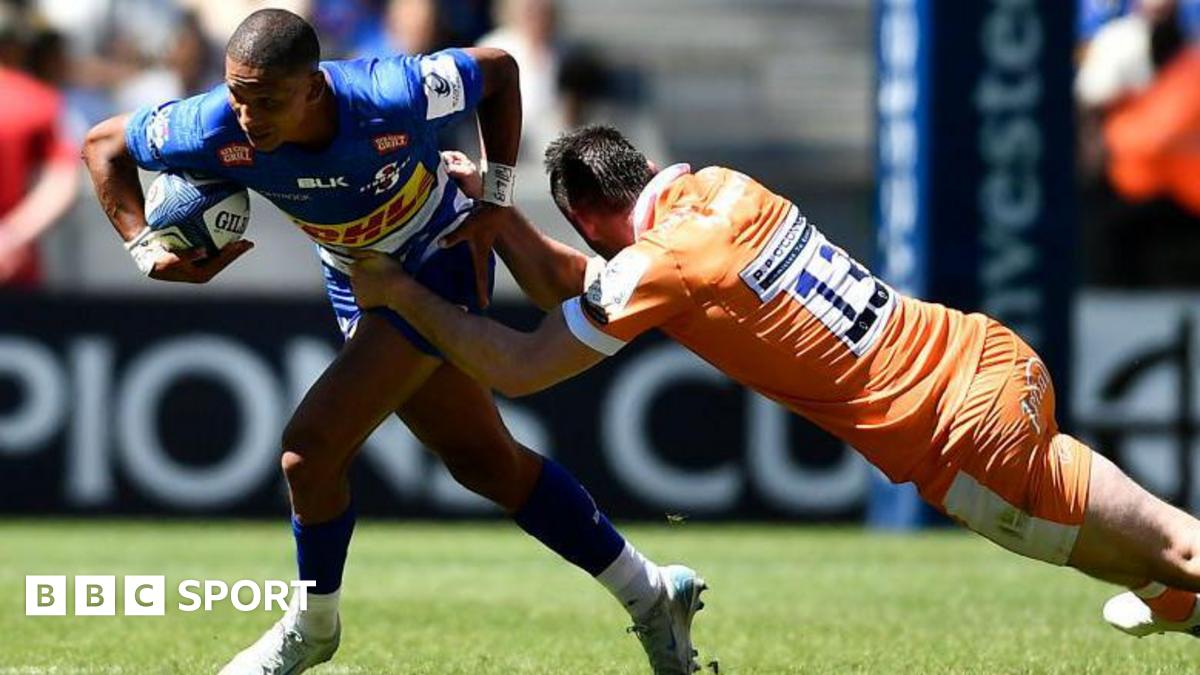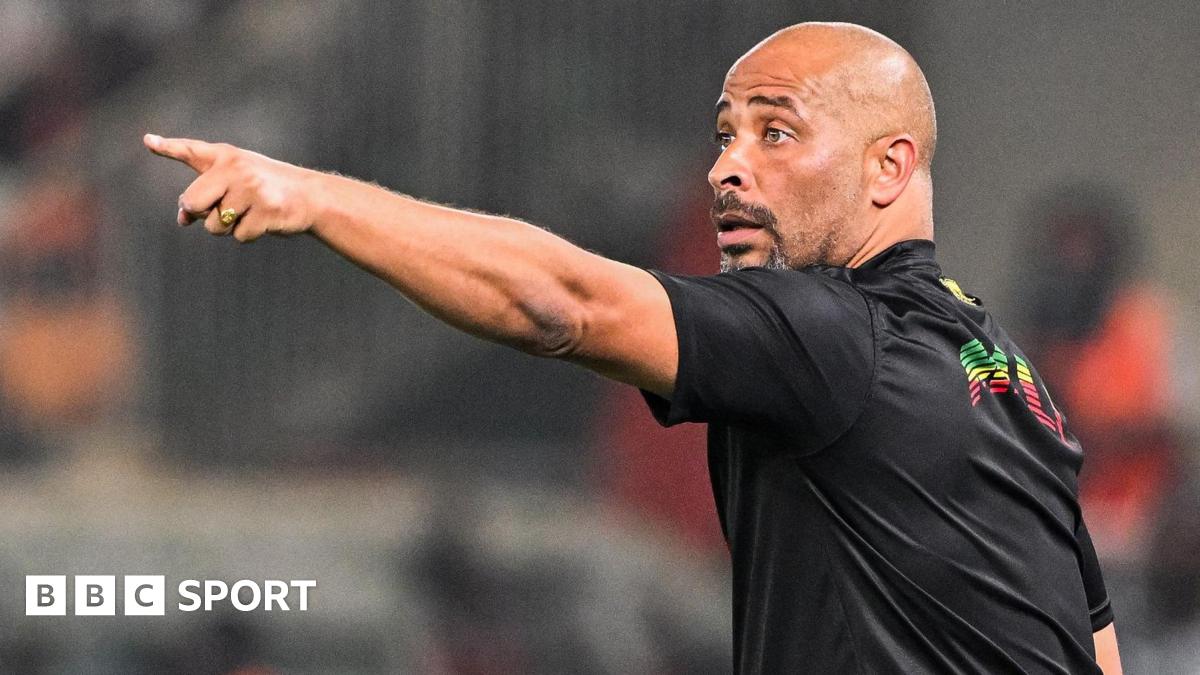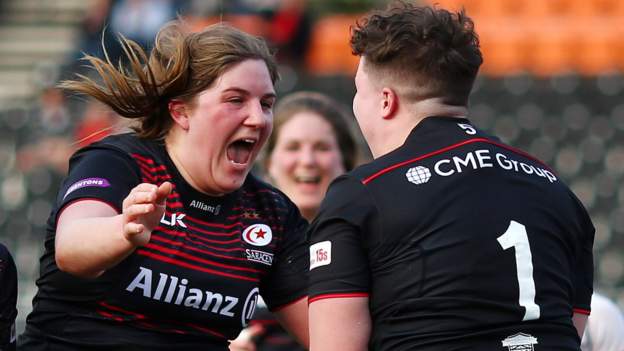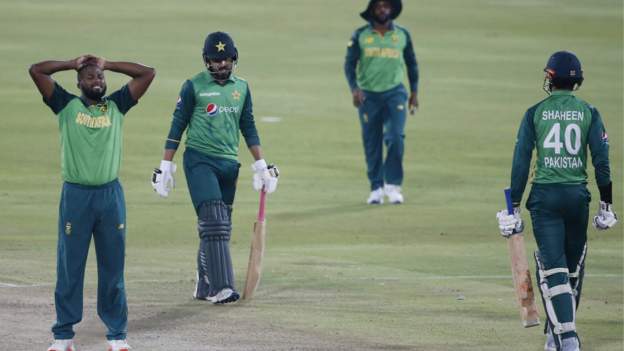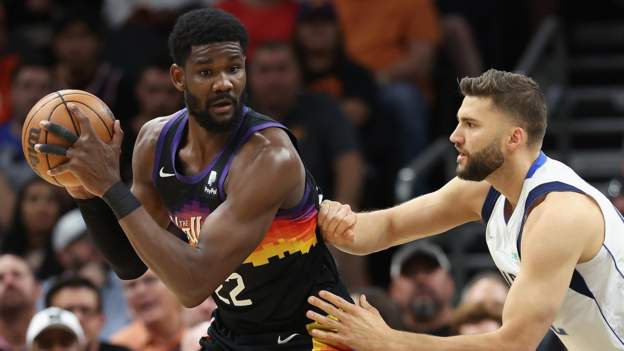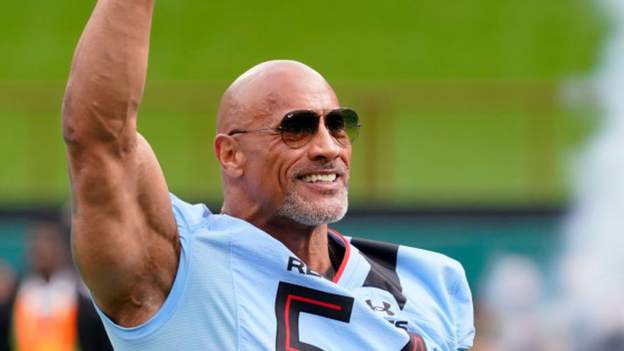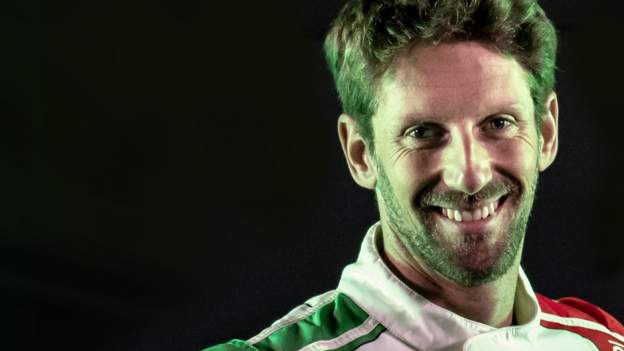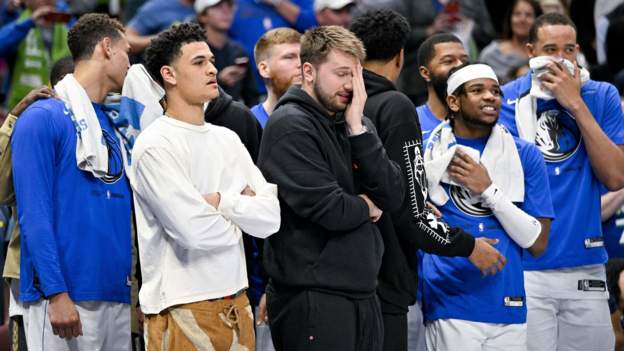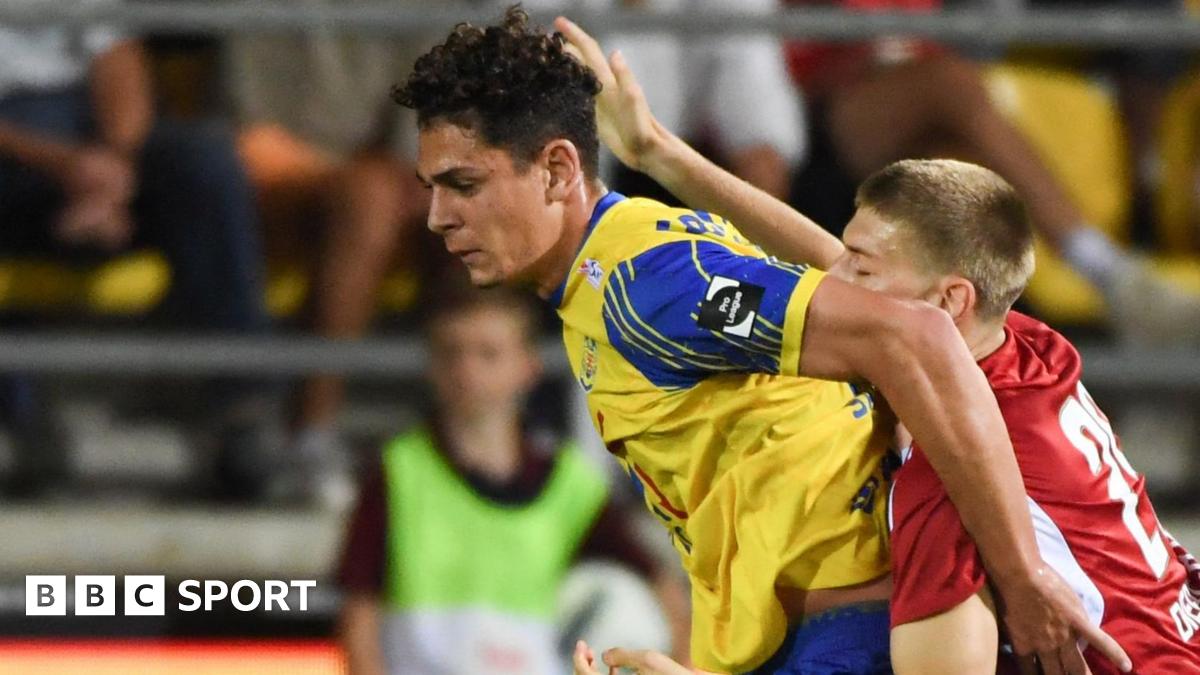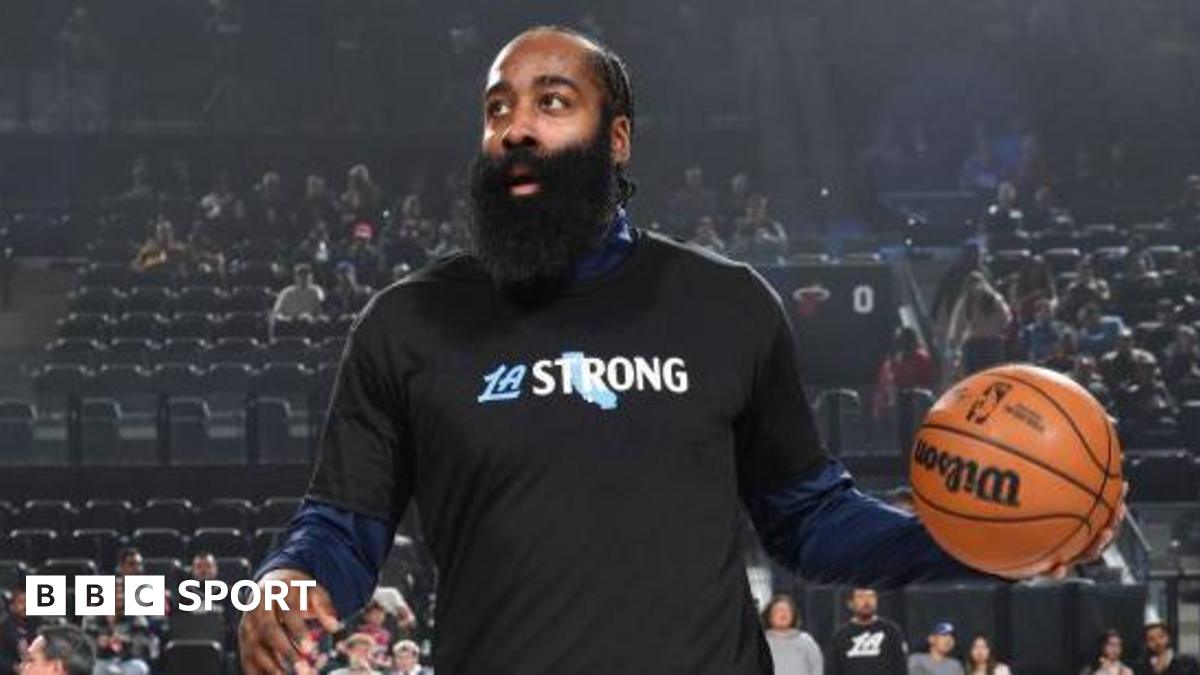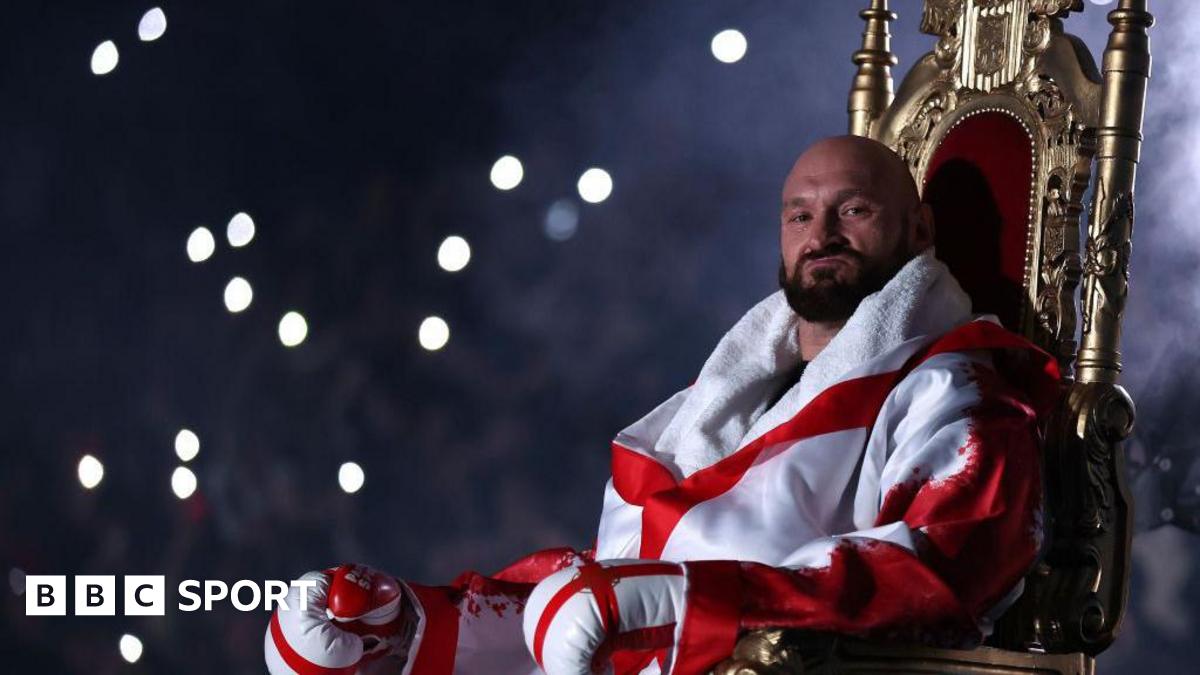| Venue: Castle Park, Doncaster Date: Saturday, 3 April Kick-off: 15:00 BST |
| Coverage: Watch on BBC iPlayer; listen on BBC Radio 5 Live Sports Extra and follow live text commentary on the BBC Sport website and app. |
The Women’s Six Nations finally returns on Saturday two months later than planned, but for England prop Bryony Cleall the wait has been significantly longer.
Cleall will be back on the international stage against Scotland, earning her second cap two years after she made her debut.
Aged 28, the Saracens forward has already spent almost seven years sidelined by injuries and at one point considered giving up on rugby altogether.
It is understandable, then, that Cleall describes her inclusion in England’s starting XV as “the comeback to end all comebacks”.
The prop was preparing for England Under-20s trials when her troubles began.
She tore her anterior cruciate ligament aged 17 and complications meant she eventually had to have four knee operations and was kept out of the game for five years.
Cleall took up the sport again at 22 and played continually until she made her England debut four years later, playing a part in the Red Roses’ 2019 Women’s Six Nations Grand Slam win.
At the pinnacle of her career so far, Cleall was halted once again.
Returning to club Saracens, the forward broke her leg in a league game and that too required further operations.
She was kept out for 19 months until October 2020, when she pulled up in the first few minutes of her return with a stress fracture in the same leg.
Still Cleall persevered and was preparing to bounce back once again when she caught coronavirus in January, leaving her unable to play for another month.
Hers is a tale of unimaginable resilience and now it finally seems to be paying off as, after making several Saracens appearances since returning in February, Cleall was chosen to start by England head coach Simon Middleton.
“It has been such a long time that I thought it might never happen,” Cleall says.
“I did have to ask if it was an April fools because the team came out on 1 April. I don’t know how it’s going to feel [to play]. I couldn’t even put it into words.”
‘Frank conversations’ with twin Poppy vital in recovery
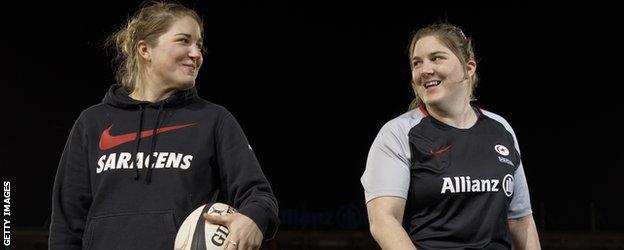
The international return is made even more special by the fact that Cleall will be playing alongside her twin sister Poppy.
The pair already play together at Saracens and Poppy was involved when Bryony made her England debut two years ago.
Bryony describes her sister as “the world’s best player right now” and there is certainly a strong case for someone who has been an integral part of Middleton’s side since her debut in 2016.
Both sisters were on similar rugby journeys before injuries forced Bryony to take a different path and she says Poppy has been one of her greatest supports through difficult times.
“I remember when I was coming back from my ACL I thought I wasn’t actually going to play rugby again – I’d leave that to Poppy,” she explains.
“I travelled all over to watch her and thought it would be so cool to support her playing for England.
“When I had the opportunity to play alongside her and I realised it was possible. I strived to want to experience things with her and do the things she’s doing.
“We had some frank conversations about whether I felt I could do it because when you are injured you start to question a lot of things.
“Poppy is one of the most straight-talking people and she said I could do it and it was about how mentally I perceived it. She gave me some straight words and made me believe in myself.”
‘I love that we are playing separately to the men’
The Women’s Six Nations was delayed because of the coronavirus pandemic and it is being played in a reduced format for 2021.
Teams are split into two pools and will play two group games before a final match to determine placings, rather than the five fixtures they would normally play.
Organisers say the new format is likely to be for one year only but they will consider continuing to play it at a different time to the men’s event, which took place in February and March as usual.
Whether the women’s tournament benefits from being played with the men’s is a subject of debate and Cleall believes a separate window works well.
“I love the fact we are playing separately to the men,” she says.
“It gives us an opportunity to have more of the limelight and be the only England team playing.
“I would love the Women’s Six Nations next year to be the normal set-up and at a different time of year to the men to give us that opportunity to grow.”

